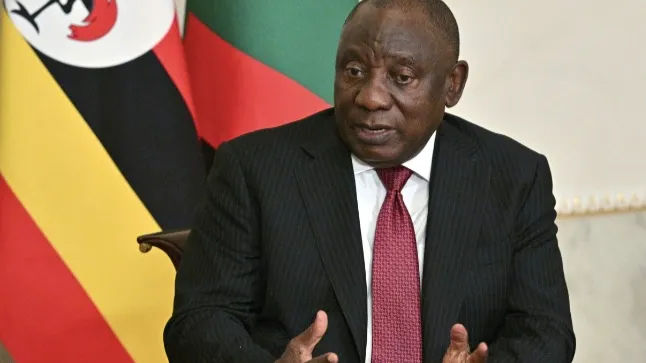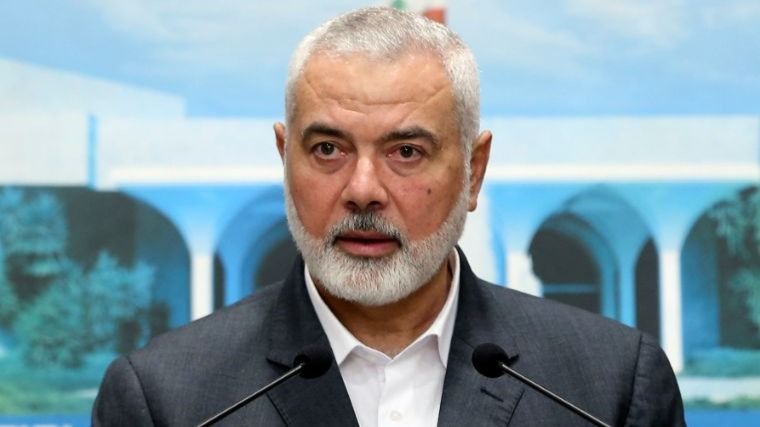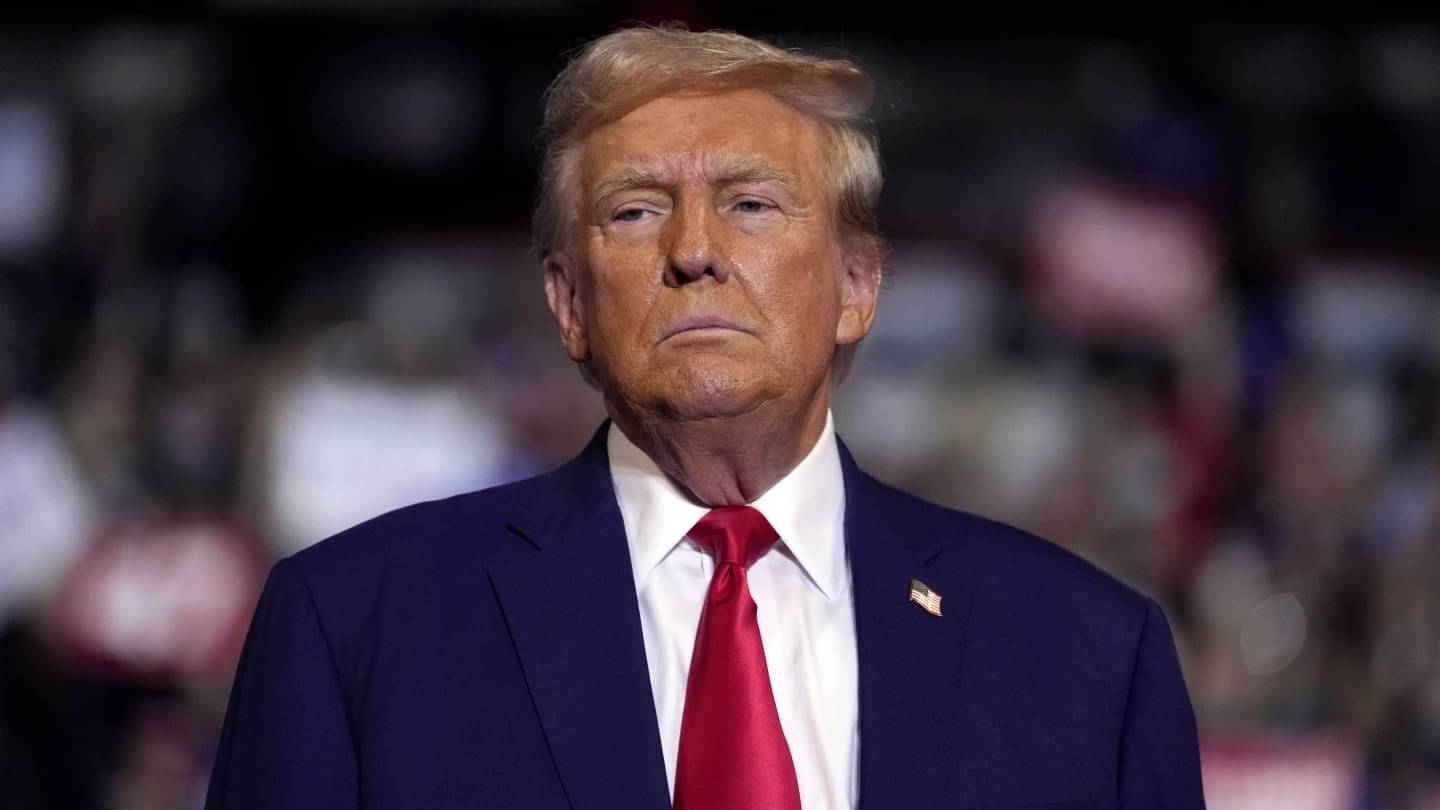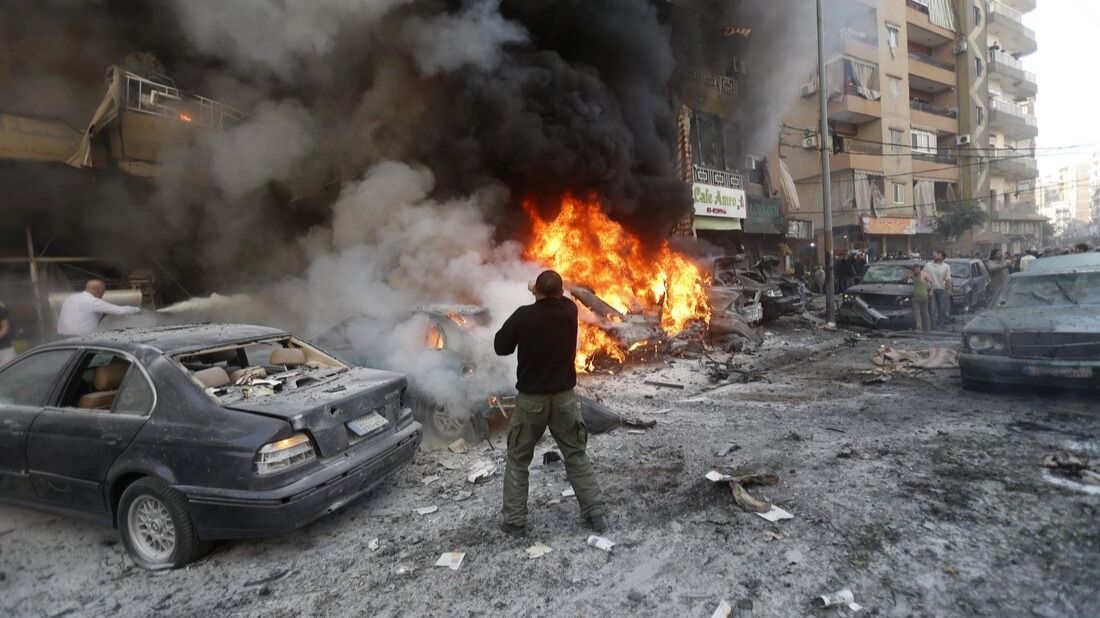Johannesburg: The South African Parliament has elected Cyril Ramaphosa for another five-year term as president despite his African National Congress (ANC) having won only 40 per cent of the ballot in the general elections held a fortnight ago.
Ramaphosa’s election after he was pitted against Economic Freedom Fighters leader Julius Malema ended the sitting, which earlier in the day also elected Thoko Didiza of the ANC as Speaker and Annelie Lotriet of the DA as Deputy Speaker.
Ramaphosa got 283 votes and Malema just 44.
Ramaphosa is expected to announce his new cabinet after his inauguration on Wednesday.
His election, which ended days of speculation, came close to midnight on Friday after the session started at 10 in the morning with last-minute inter-party discussions to establish a government of national unity (GNU) and frequent interruptions and long voting processes.
The ANC teamed up with the largely-white Democratic Alliance (DA), and the Inkatha Freedom Party (IFP), which came fifth, as well as the minority party Patriotic Front (PF), which has brought mixed reaction from both members of their respective parties and citizens.
Some welcomed the alliance as a new era in South African politics which would send a strong message of reconciliation and bolster the ailing economy, especially after Mkhonto we Sizwe (MK) – the new party started by ousted former president Jacob Zuma – and the EFF, which came fourth, refused to work with the DA.
Others said the ANC had sold out the citizens of the country by partnering with the DA, which had been the official opposition and opposed a number of ANC policies since the latter first came to power under Nelson Mandela in 1994.
The GNU partners however were unanimous that they had agreed on it in the interests of the people of South Africa.
“We were voted for by six million people who want us to continue the transformational agenda to changing the lives of the people for the better,” ANC Secretary General Fikile Mbalula said at a media conference as the voting inside Parliament continued. He conceded that the ANC could not do it alone.
“We are in no position to govern this country alone. We need to work with others,” Mbalula said.
DA leader John Steenhuisen was also buoyant.
“The statement that emerges from the past two weeks of intense but very mature negotiations charts a new course for our nation.
“At the heart of this statement is a shared respect in defence of our Constitution and the rule of law, including the Bill of Rights, in its entirety,” Steenhuisen said.
IFP spokesperson Inkosi Mzamo Buthelezi said the party had agreed to vote for the candidates proposed by the ANC.
“As leaders, people of this country entrusted us and it is up to the 400-member who are in the house to decide as to how they take the country forward,” Buthelezi said.
“I’m just excited that South Africa has been put first by our leaders,” said PF leader Gayton McKenzie.
South Africa was on a knife-edge until 20 minutes before the start of the session on Friday morning, when there was still uncertainty about the GNU.
MK surprised analysts and polls by coming third in the elections, but decided to stay away from the Parliamentary session to protest alleged irregularities in the election, for which they have not provided any proof yet despite lodging a legal procedure.
EFF deputy president Floyd Shivambu said the DA was born out of the colonial apartheid era and was only interested in “protection of white minority interest and privileges.” Other minority parties refused to join the GNU, but with just a few seats in Parliament, some with only one, their votes were considered negligible in the final tally.
Premiers for the nine provinces were also elected at separate sittings in provincial capitals.
A coalition inspired by the national GNU led to IFP defeating MK, despite the latter’s majority of 45 per cent in KwaZulu-Natal province, for the Premier’s position.
In the Western Cape, which has been governed by the DA for a number of years already, its candidate was returned to the Premiership.
All seven other provinces , including the economic hub of Gauteng, now have ANC premiers again.
Amid concerns that investors would stay away if EFF and MK with their nationalisation policies came to power, shares on the Johannesburg Securities Exchange surged as news of the GNU emerged, especially in the financial sector.
(Except for the headline, this story has not been edited by Republic and is published from a syndicated feed.)
South African President Cyril Ramaphosa Re-Elected For 2nd Term After Coalition Deal world-news World News | Latest International Global World News | Todays Breaking News Headlines




